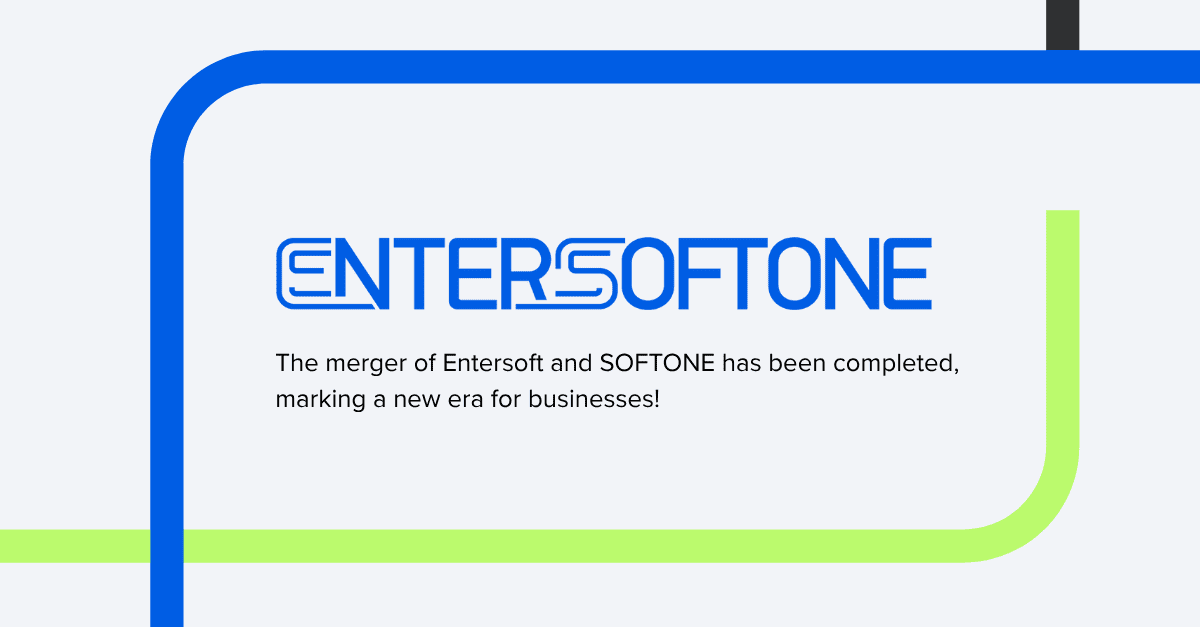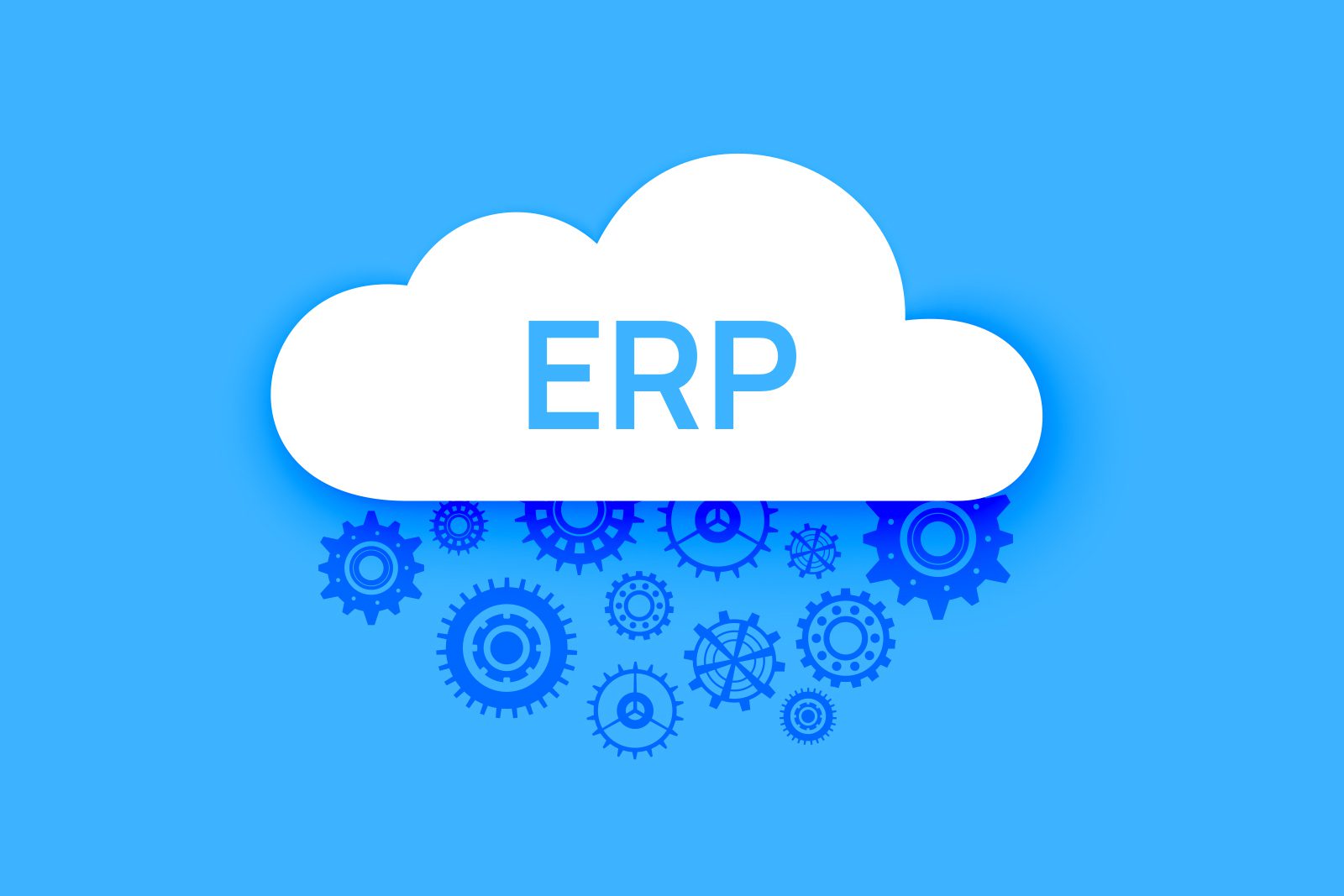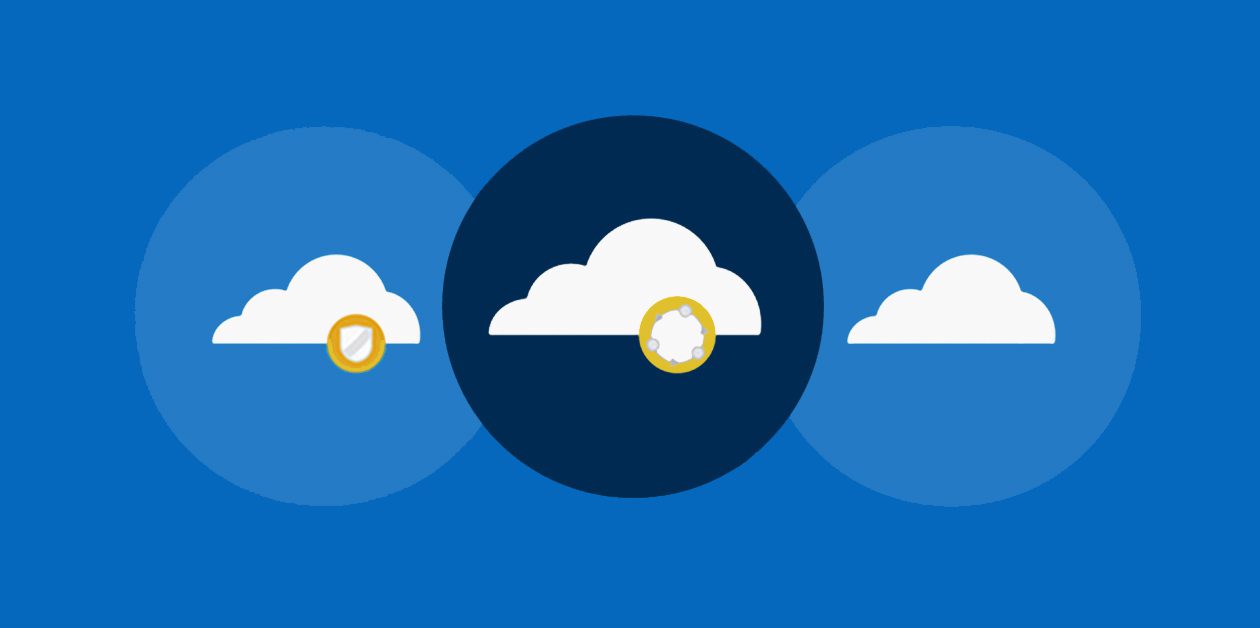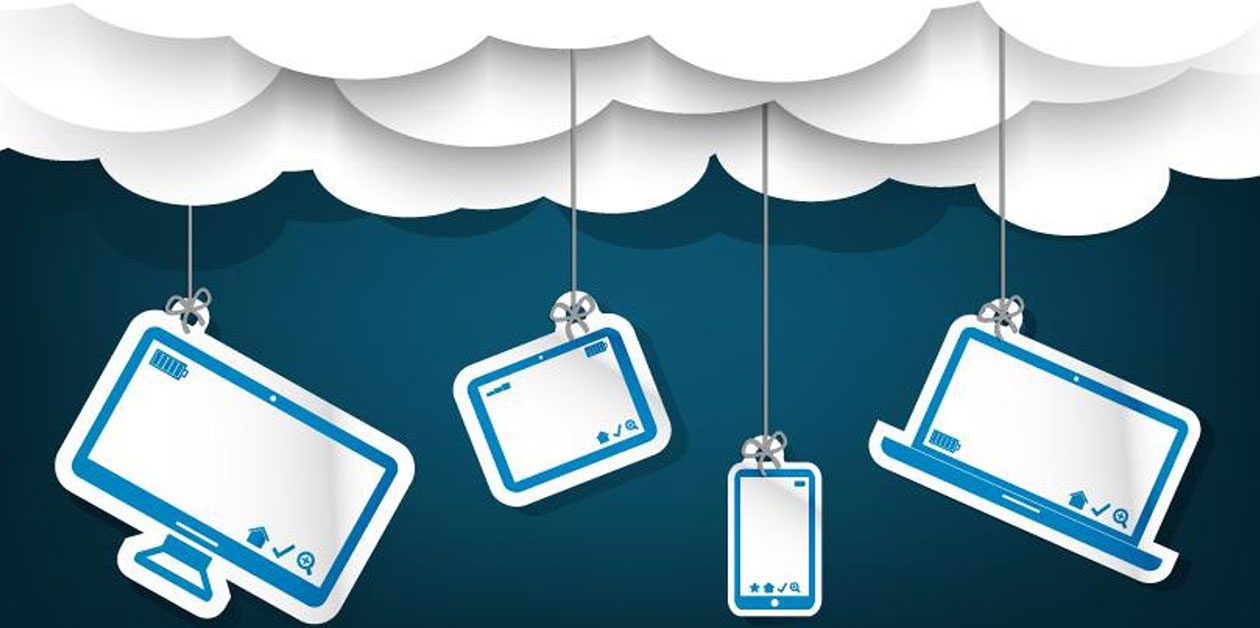Share
Read also

News & Events
ENTERSOFTONE: The merger of Entersoft and SOFTONE has been completed, creating the largest provider of business software products and services in Greece and Southeast Europe.

Mobility
Outlook for the BYOD and EM market from 2025 to 2035

Cloud
The Cloud CRM market will see impressive growth by 2033

Mobility
Key trends in Sales Force Automation
ERP, and in particular cloud ERP, offers the answer to all the needs of modern organizations. Let’s look at the present and future of cloud solutions and find out how this technology drives profitability.
There are many reasons why a cloud ERP solution may prove beneficial for your organization, one of them being the low initial implementation cost since it is the vendor who is responsible for purchasing the necessary software and hardware. Furthermore, the fact that your IT team will not have to manage the system’s maintenance, support and upgrade means that all software-related expenses are kept to a minimum. Finally, if you decide to acquire a cloud ERP solution, you can be up and running in less than 100 days, with no delays, thus ensuring minimum downtime and business continuity.
Adopting a cloud-based system will enable your remote employees to have access from anywhere, as long as they have a browser and an Internet connection, which leads to increased productivity and improved profitability. Cloud solution vendors have the necessary funds to acquire and apply the latest security technology, while not all businesses, and especially small ones, using on premise solutions are able to purchase the latest ERP technology. Furthermore, ERP vendors have reliable disaster recovery plans, which they will implement in order to recover any lost data in case there is an issue with the software or hardware.
In the past, the only technology accessible to businesses was on premise ERP solutions. Now, thanks to technology advancements, you can run your processes in the cloud with new ERP systems that support both back-end and front-end operations.
For example, it is now easier to integrate ERP with IoT devices, AI and Machine Learning, since modern solutions include all these features and do not require any additional investment on behalf of the user to add them. Moreover, ERP platforms are easier to customize based on the specific needs of your organization.
Last, but not least, ERP vendors have started offering mobile support through dedicated apps, and even more such apps are expected to be available in the future.
The future of cloud ERP
In the future, ERP vendors will modify their products so as to meet the technology needs of modern organizations. It is very likely that we’ll be seeing less coding and more APIs and extensibility tools. People using ERP also use Slack, Zoom, social media platforms and other applications.
Vendors will continue to make their solutions easier to integrate with other productivity tools. There is always the possibility that ERP will skip UX and adopt another structure that will be easier for everyone to understand. Finally, vertical ERP solutions based on preconfigured templates are likely to shape the future of the industry.







